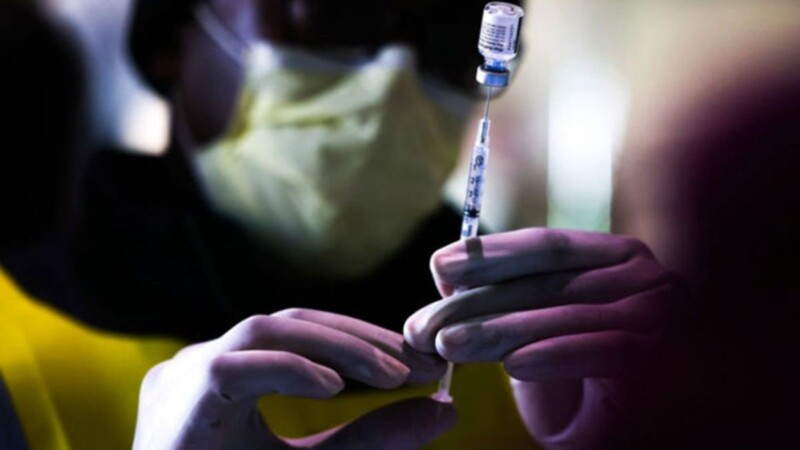The Ministry of Health has said it needs an additional Shs1.1 trillion to procure Covid-19 vaccines to inoculate an estimated number of at least 7 million children aged 12 and 18 years
The development follows the communication from First lady and Education minister Janet Museveni, who on July 30, proposed that schools should only reopen if all children are immunised against the deadly covid-19.
This prompted the Health Ministry officials to come up with a new vaccination strategy submitted to the parliamentary task force on the National Covid-19 Response Report in which the officials say they plan to purchase US-made Pfizer vaccine, the only one so far endorsed by the World Health Organisation for use in children.
“The total budget requirement for Covid-19 vaccination for the age group 12 and 18 years is Shs1,120,979,234,800 trillion and the money is required. Phase II is targeting an age group outside the original plan, requiring additional resources and vaccines with a higher cost,” the statement reads in part.
A total of Shs1.1 trillion ($302.6m) will be used to purchase the vaccines while Shs1.3b ($ 362,037) is budgeted for related logistics requirements.
It is not clear where the ministry will get the money from since it was not provided in the 2021/2022 Financial Year Budget.
In the new ministry strategy, the price for vaccination of each teenager is broken down by type, although two doses of the WHO-approved Pfizer for children would cost $46 (Shs162,830) per person.
This means that the Shs1.1tn in the new, but yet unfunded budget, would buy enough doses to fully vaccinate 6.6 million children, each getting two shots.
Uganda Bureau of Statistics, the official government statistics body, estimated last year that Ugandans aged between 15 and 19 numbered about five million.
The ministry has not provided a timeline or the sources of funding being considered.
Experts, however, question the logic of including teenagers for vaccination. Dr Misaki Wayengera, the head of the Ministerial Scientific Advisory Committee on Covid-19, said vaccinating all children is not a priority.
“We are vaccinating children who have underlying illnesses such as diabetes and asthma. Not every child is supposed to be vaccinated. We do not have vaccines for older people, so how do we look for vaccines for children?”
Since the rollout of the vaccination exercise in March 2020, only 5 percent of the initial target has been inoculated, using donated vaccines, with more than half awaiting the second shot.
11.6m vaccination: An analysis of the official statistics shows that the Health Ministry has planned for only 11.6 million or about half of the original 21.9 million target population, with officials saying the arrival of more vaccines is in the pipeline.
The proclamation on the day of easing the second lockdown caught Health officials unawares because they had not planned to vaccinate the younger learners most unlikely to develop severe illness even if they get Covid-19.
The ministry is drastically short on jabs and miles away from its nationwide vaccination target, managing to inoculate only 1.1 million or 5 percent of the 21.9 million Ugandans, raising questions on how it will muster the resources or secure vaccines to immunise millions of teenagers.
Officials have explained their failure to secure required doses for half of Uganda’s population — which would enable full reopening of the country — to poor nations being elbowed out by the purchasing power of wealthier nations.
To date, Uganda has not bought a single dose of the Covid vaccine with its own cash, relying on the largesse of other nations, meaning a revised plan to vaccinate nearly 30 million instead of the original 21.9 million citizens renders an already bad situation of under-immunization worse.
If you would like your article/opinion to be published on Uganda’s most authoritative news platform, send your submission on: [email protected]. You can also follow DailyExpress on WhatsApp and on Twitter (X) for realtime updates.



